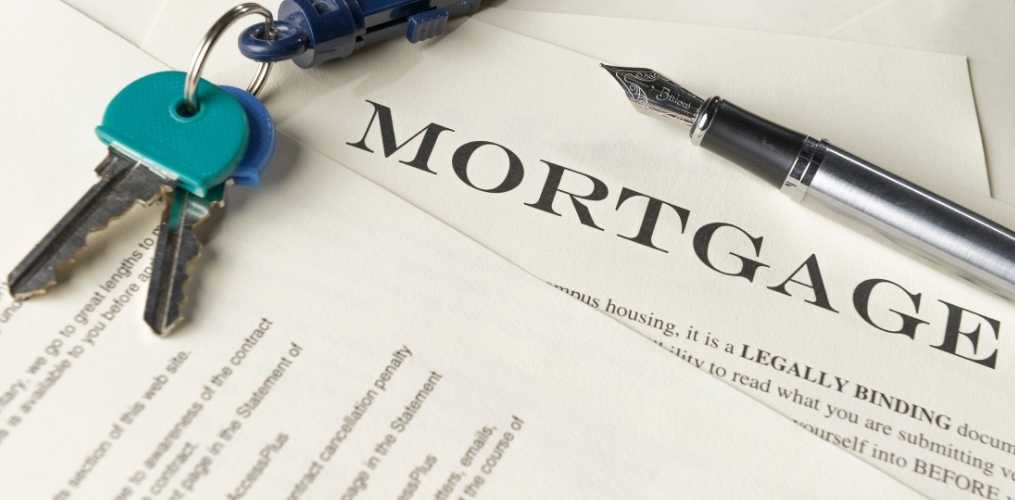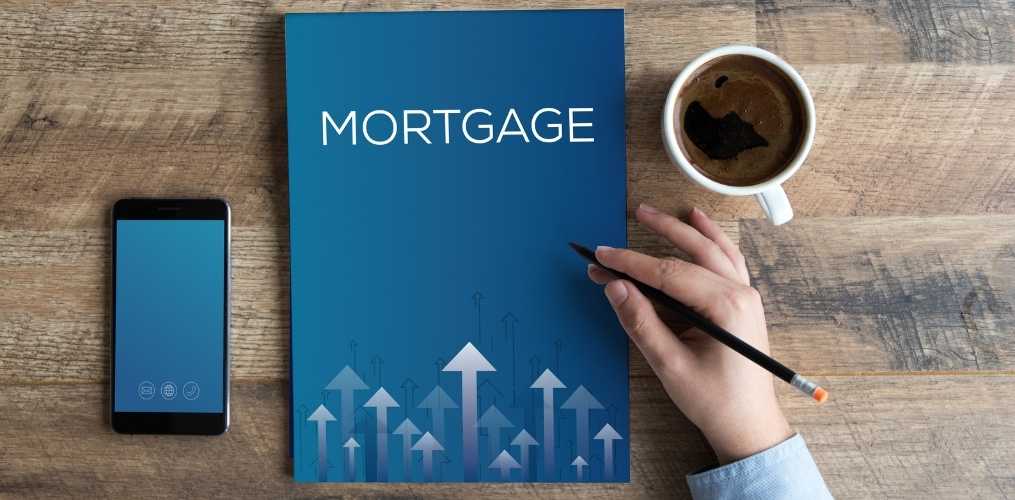There are many kinds of mortgages and it can get confusing, so here we explain some simple ways to differentiate them and understand their advantages and disadvantages.

Repayment and Interest-Only Mortgages
With a repayment mortgage, you must pay the interest and the capital each month and at the end of the agreed time period you will own your home outright. An interest-only mortgage means you only pay the interest each month.
The latter option obviously sounds tempting, but you still must pay the entire amount due by the end of the agreed time period. Repayment mortgages are usually the best mortgage option as your debt is guaranteed to be paid off by the end of the agreed time period.

Fixed and Variable Rate Mortgages
A mortgage with a fixed rate means that the interest rate will stay the same for a agreed amount of time. Even if interest rates elsewhere rise or fall, yours will stay the same for the agreed time period. Usually the time periods involved include two year and five year options, though other less common varieties are sometimes possible too, including fixed rate terms of up to ten years. Bear in mind that longer fixed rate deals tend to involve significantly higher interest rates.
Whenever the agreed fixed rate time period ends, the interest rate reverts to the mortgage lender’s standard variable rate. This rate will usually be higher than the original fixed rate.
Fixed rate mortgages offer the advantage of security in terms of knowing how much interest you will be paying each month over the course of the deal. If the interest rates are low when the deal begins, then your mortgage repayments can be cheaper.
The main disadvantage is that you won’t benefit if interest rates fall in general. In such circumstances you end up paying more than you would normally have been paying. Having a fixed rate mortgage can also mean you can’t sell your house and are committed to that property for the entirety of the fixed rate time period agreed in the deal. Sometimes there are ways out, such as paying an expensive exit fee. Some fixed rate deals are also portable, but this will need to be verified before the deal is signed.
Variable rate mortgages are the direct alternative to fixed rate mortgages, with the interest rates fluctuating according to general interest rate levels. Sometimes this can work in your favour, sometimes against.

Capped Rate, Discount and Tracker Mortgages
There are various different types of variable rate mortgages, including capped rate mortgages which have an interest rate cap that your monthly repayments cannot exceed. They are usually only available for a limited period covering the first two to five years of a deal.
A tracker mortgage means your interest rate correlates to the Bank of England’s base rate, often either a percent higher or lower. Longer-term tracker mortgages have higher interest rates than the shorter term variety.
A discount mortgage means you pay the standard variable rate each month but with a fixed amount discounted from the total. Discounted mortgages can be arranged so that you pay less for a certain period of the year, but then more for the other period. Often such mortgages will have a set rate beneath they cannot fall even if the general interest rates do.
The main advantage of these kinds of variable rate mortgages are the same as the standard variable rate deal, in that your monthly repayments go down if the general interests rates do. The advantage is somewhat limited though if the deal has a limit on how low your rate is allowed to follow the general interest rate.
For help selling a house quickly, contact us on 0203 916 5960 or email info@propertyescape.co.uk and take the three easy steps that will result in a quick cash offer.
